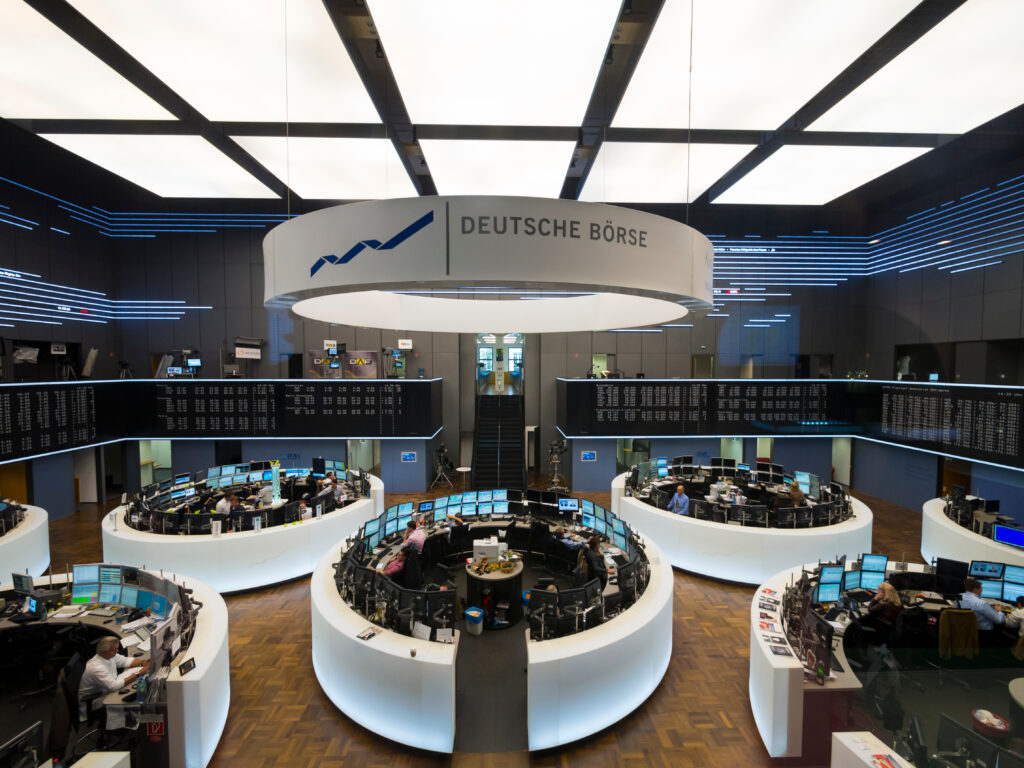Germany’s stock market continues to rise, with the DAX reaching a record high for the second consecutive day. The index climbed 1.57%, nearing the 20,000 mark, driven by strong performances in technology, financial, and industrial sectors, despite broader economic concerns.
The DAX has gained 19% year-to-date, outpacing other European markets, while the Pan-European STOXX index has risen just 7%. In contrast, the S&P 500 and China’s A50 have surged by 27% and 15%, respectively.
Sectors Fueling the Rally
The DAX’s strong performance is largely due to global market trends and exceptional growth in key sectors. SAP, Germany’s largest tech firm, has seen a 65% increase in shares, driven by its focus on AI. This has boosted its market value, making it the largest tech company in Europe.
The financial and industrial sectors also contributed, with Deutsche Bank shares up 26% and Siemens Energy and Rheinmetall AG seeing impressive increases of 328% and 117%, respectively. However, the automotive sector has struggled, with major carmakers like Volkswagen, Porsche, and Mercedes-Benz issuing profit warnings.
Economic Weakness and Political Instability
Despite the stock market’s success, Germany’s economy faces challenges. Manufacturing remains in contraction, and the Ifo Business Climate Index dropped for the fifth consecutive month. GDP grew only 0.1% in Q3, raising concerns about a potential recession.
Political instability is also a factor, as the ruling coalition faces the risk of collapse. A snap election is scheduled for February, which could affect investor confidence in the country.
